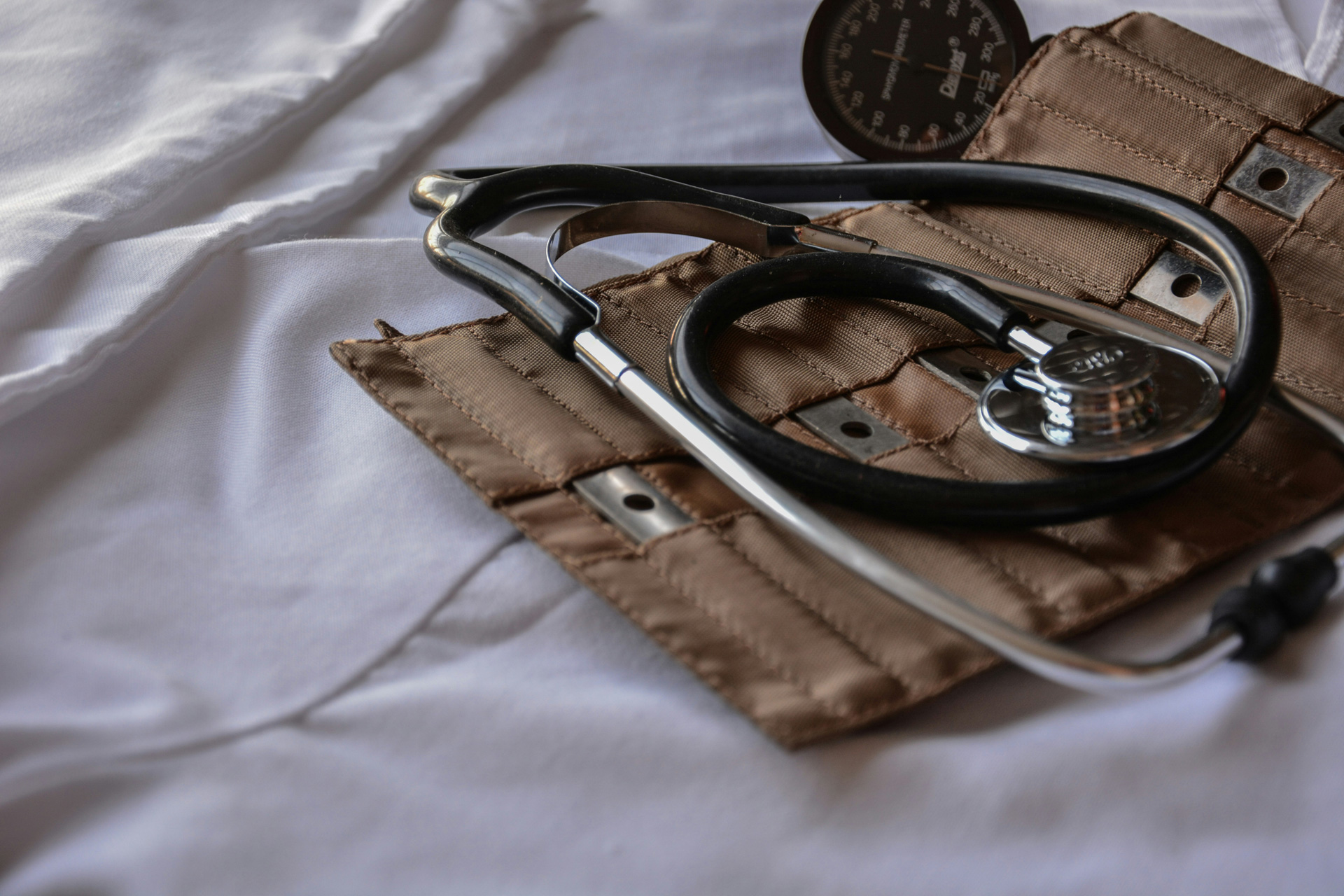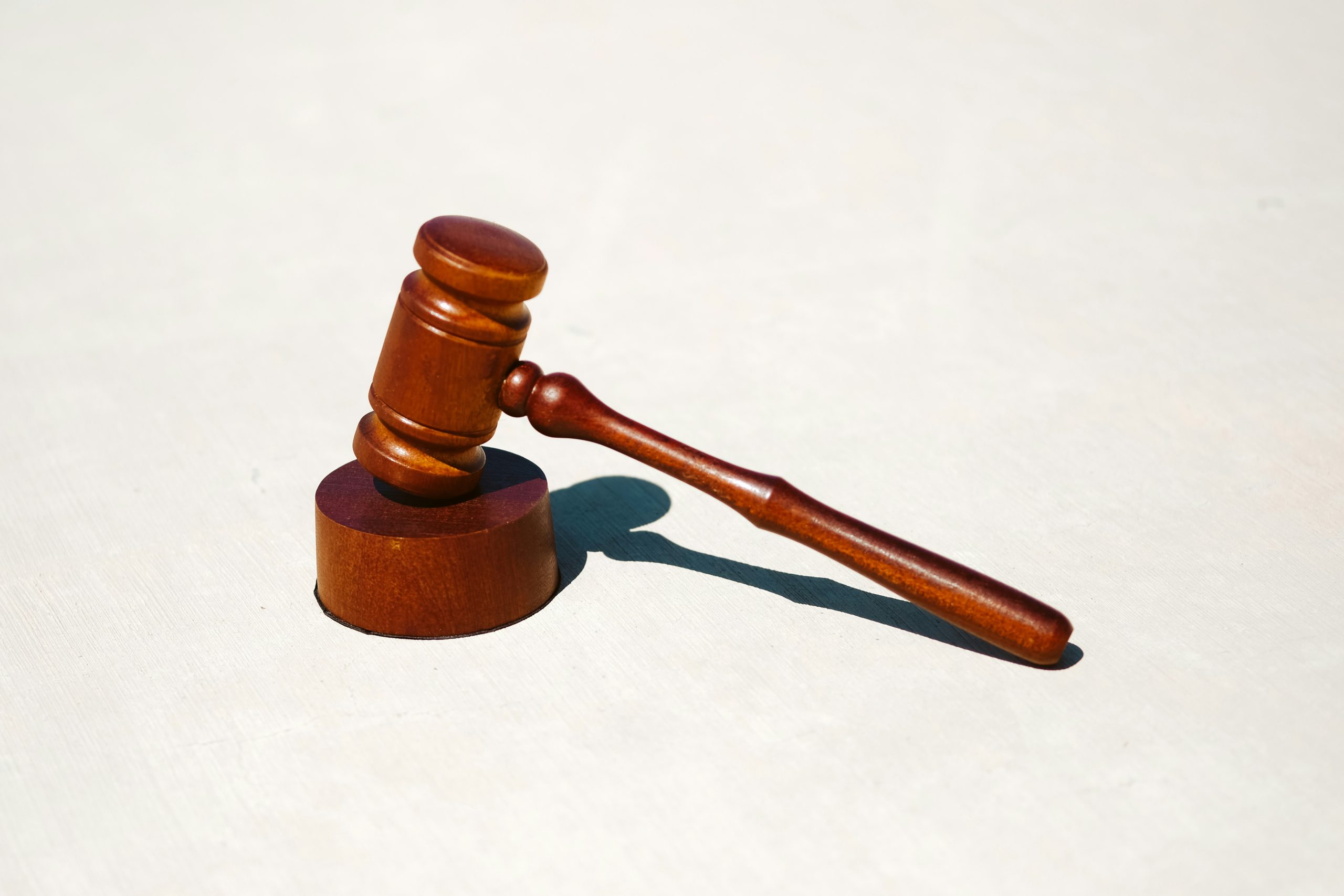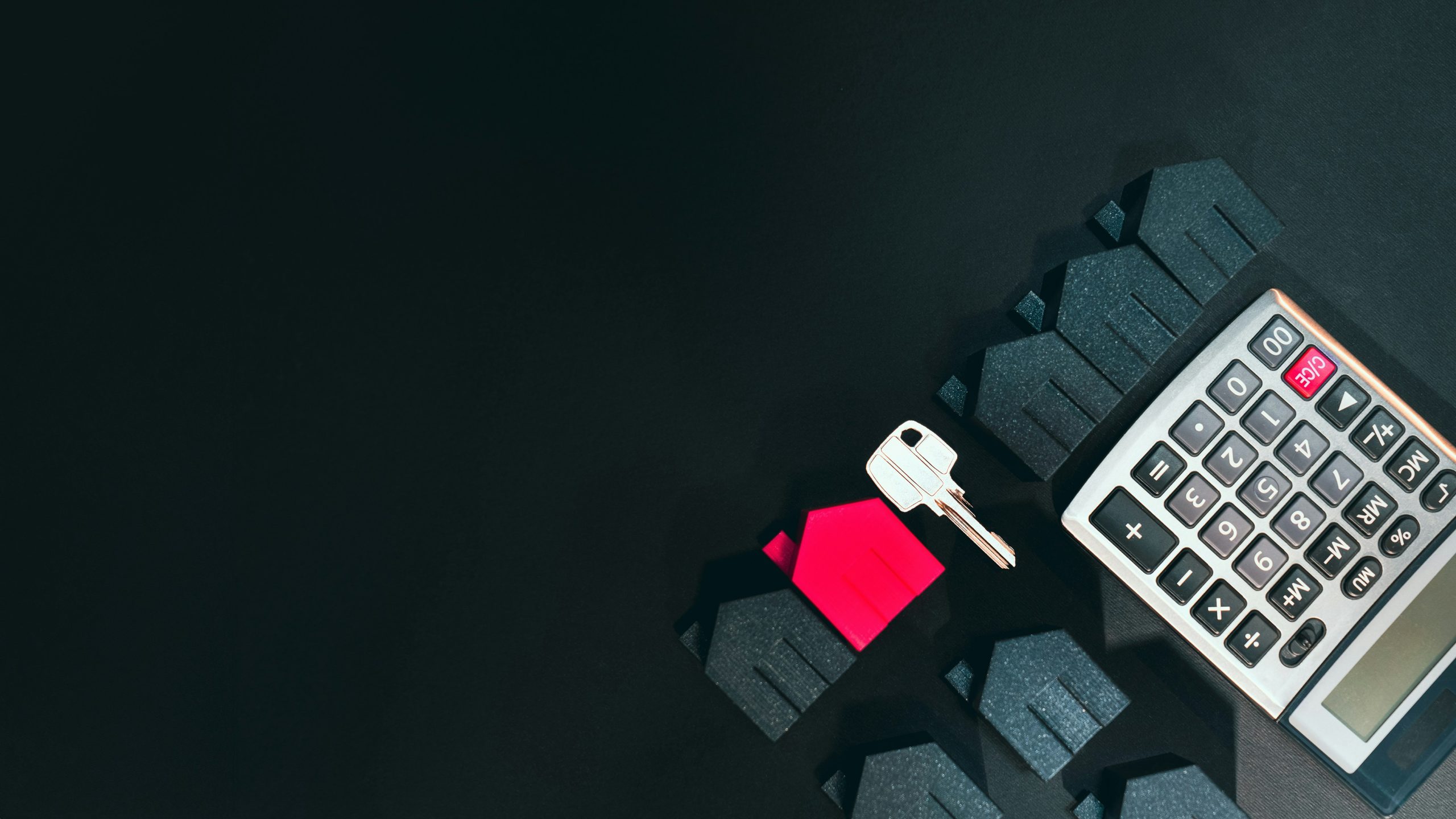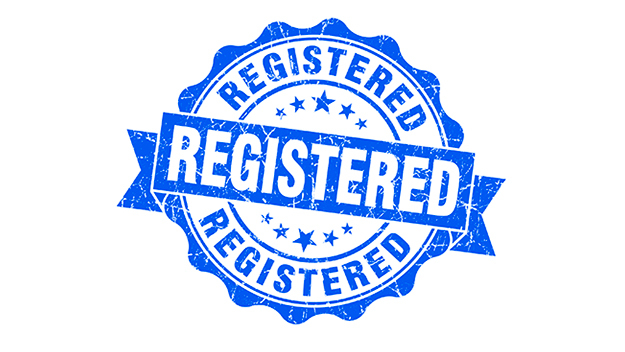If you have been injured in a motor vehicle accident, at work, by medical negligence or suffered any other personal injury, you will know that there are changes and adjustments to your life due to your injury.
It is important to keep a track of all the changes in your life whether you have already begun a personal injury claim, you are thinking about making a claim, or even if you think you may not bother for the time being (in case you change your mind).
We recommend that from the time right after the accident, you keep a dairy covering the following categories:
Domestic assistance – help around the home
You may be needing more help with your day-to-day tasks following your injury. Many people need help with tasks such as cooking, cleaning, gardening, driving, personal care, or care of dependants.
Regardless of how small the task is, if you have had to ask a friend or family member to help you with something you did not need help with previously, it is important to make a note of it. In your diary, keep a record of who provided the help or assistance, what tasks they did, for how long each time (minutes or hours) and how frequently (daily, weekly, monthly). For example:
| Provider of Assistance | Tasks or Assistance | Time | Frequency |
| John Smith Father | Cooking Dinner | 30 mins | Daily |
| Jane Doe, Friend | Cleaning Bathroom | 1 hour | Once a week |
Pain and discomfort after personal injury
It is important to keep a record or diary of any pain or discomfort, regardless of its severity. Record the symptoms, how long the pain or discomfort lasted and how severe it was. If the pain prevented you doing particular activities, affected your mood or disrupted your sleep, write it down. Note what increases or affects the pain, such as certain movements, times of the day, activities or positions.
Medications and medical appointments or treatment
People often are prescribed or take over the counter medications for their pain following an injury. Personal injury can also impact your sleep and mood. If you are taking medications for things such as pain, sleep assistance, a low mood or for anxiety, keep a record of the amount you took and how frequently.
It is important to keep a record (including receipts) of any medical treatment you have received, including visits to your GP, medical specialists, physiotherapists, chiropractors, or psychologists
Work or study following personal injury
Keep a record of days when you missed work or where you were only able to work part time.
Limitations or missing out on activities after personal injury
Keep a record of any limitations in your life due to your injury. You may not be able to do as much around the house, such as the “domestic assistance” items listed above. Often people find they have trouble doing things with and for their children or spouse, due to the restrictions from the injury. Exercise and socialising may be reduced following an injury. It is important to keep a record of anything you are unable to do, or you have missed out on.
Why bother to keep records?
It can be very difficult to go back and try remember these types of things months later when your lawyer asks for this information. Simple dot points of the above items can be very helpful in ensuring we cover all bases. Clients often simply use notes in their mobile phone to keep a record. Regardless of how big or small the changes, limitations or pain may be, it is these things that form a large part of the damages to which you may be entitled.
If you have been injured and are thinking of making a personal injury claim, or even if you are unsure about whether or not to make one, contact us on the details below.
Further reading

elringtons lawyers regularly provide legal advice in relation to a range of compensation matters. Please contact our Health Law Team for more information or to make an appointment call (02) 6206 1300












